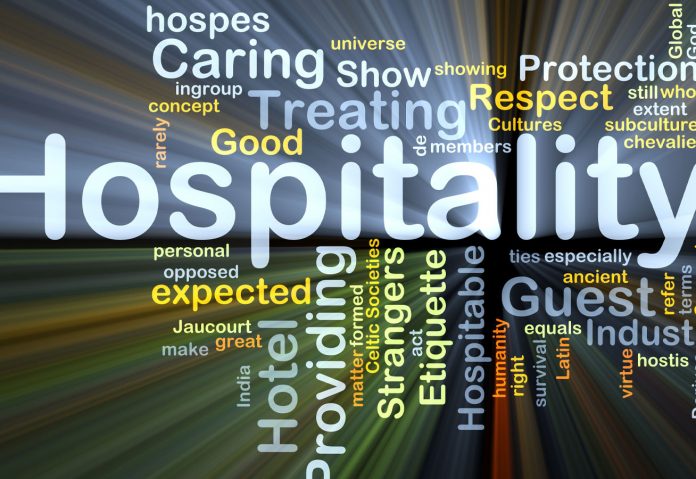Table of Content
‘CRM’ or customer relationship management is an integral part of the hospitality industry. As the acronym says ‘Customer Relationship Management’, naturally it is linked up with the effectiveness of the relationship it holds with the customers. Apart from this, how the relationships are being improved for better results in the hospitality business.
Keeping a record of the previous visits of the customers and highlighting their preferable likes and dislikes. Hence, it is indeed the way it should be. How it signifies the way customer interactions are being made more important and what preferences makes the customers come again and again, i.e. their behaviour analysis. The hospitality industry is about the best use of facilities and enjoying the comfort of your stay. Obviously, whether it’s a informal one or a business one. It truly distinguishes you from others as it highlights your class in terms of what are your most wanted desires or likes. This is true even for the little things & petty affairs. For example, the kind of food you normally order after a meeting session in the board room or meeting room. A set of information and historical data that is in the hotel’s database.
The CRM systems in the hotel industry is different from a CRM system in other industries. For example travel & tourism industry or other industries. In Hospitality business it classifies and rates a customer w.r.t. the treatment he wants. In addition to the treatment, the type of rooms he has been using for his commercial or personal reasons. The most wanted eatables and favourite dishes not only marks the guests in terms of their food liking. Interestingly, also highlights why a CRM is different in use in the hospitality business.
EFFECTIVE USAGE OF CRM IN HOSPITALITY INDUSTRY:
CRM in hospitality is effective, excellent and outstanding in terms of the usage. Furthermore, the demands of the hospitality industry. We have no doubt that customer service is the most important factor for the hospitality industry. The better you understand a guest, the highly probable it is that he will return to the hotel. In simple terms, a good review is always a good review. Preferably, for an important customer, it is termed as a highly sensitive review. In fact, it is very obvious that the hospitality industries are using the CRM mainly for the sake of improving the customer experiences during their visits.
Apart from the many targeted campaigns, the hotels are using social media very effectively in conjunction with their CRM. This is vitally to engage, communicate, and gather crucial customer feedback. As a matter of fact, especially in Canada, a customer feedback is given huge importance to improve the standards. Ironically, in-case if there is any room for improvements. The best thing about connecting a social media account to a CRM is the engagement data. The engagement data is used sensitively and effectively to engage potential or existing customers with a marketing point-of-view. A very useful aspect in CRM strategy is the personalised customer interactions. Personalised two-way interactions are very important as they build the hotel-customer relationships. These are relationships that ideally means better customers retention and repeated visits by a single customer.
A GOOD CRM STRATEGY FOR BETTER CUSTOMER RETENTION:
When we talk about customer retention, the focus are good customers that are ideally most suitable for the hospitality industry. Customer engagements & personalised interactions are the two most effective use of a good CRM strategy. A CRM strategy exclusively signifies the needs for customer retention.
‘The Customer is always right’, a famous saying in the consumer-retail industry. It truly highlights the importance levels associated with customer retention. However, the focus must be on why a customer wants certain things & how often they have got emotional values with some liking. In the hospitality business customer retention mustn’t effect the quality levels associated in the hospitality industry. These are quality assurance standards that are maintained and managed well by the set of Quality Assurance regulations. In North America, especially Canada, the retention strategies are maintained and managed by ISO standards. The acronym ISO stands for International Standards Organisation. Finally, it sums it up that there is no compromise on standards.


